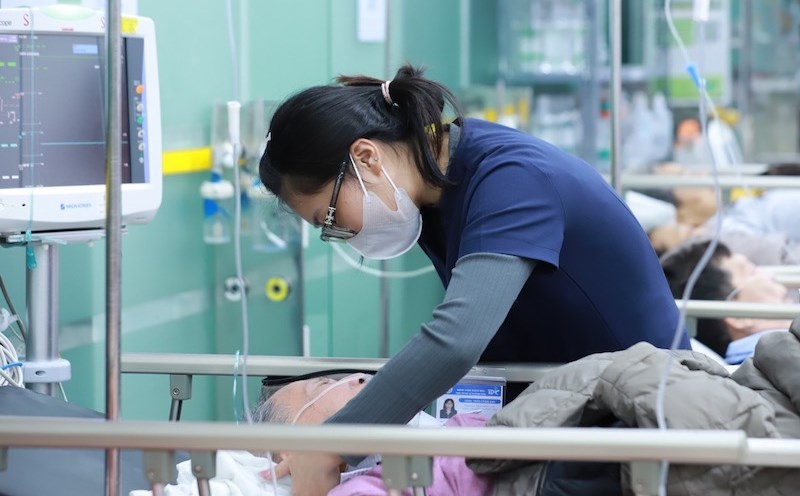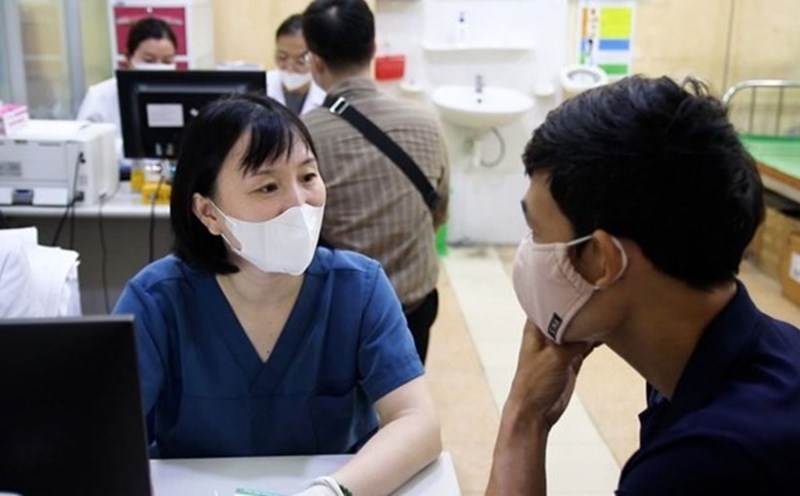According to the Circular, the Commune-level Health Station is a public health service unit under the People's Committee of a commune, ward, or special zone; has legal status, its own seal and account. The station is under the direct management of the People's Committee at the commune level on organization, human resources, and finance; at the same time, it is subject to professional guidance and inspection by the upper-level health sector.
The Circular consists of 4 chapters and 9 articles and will take effect from January 1, 2026.
Function of the Health Station from January 1, 2026
Commune-level health stations have the function of providing professional and technical services in many areas: disease prevention; examination and treatment; community health care; reproductive health - mother - child; care for the elderly, people with disabilities; population; food safety; pharmacy - medical equipment and other medical services according to regulations.
22 specific groups of tasks and powers
Article 4 of the Circular clearly states 22 groups of tasks and powers, covering all grassroots health activities. This content is considered the most important part of the Circular, including:
Preventing diseases and improving public health
The Health Station conducts monitoring and early detection of infectious diseases and HIV/AIDS; implements vaccination, preventive treatment; non-communicable disease prevention; guides community nutrition, school health, environmental sanitation, and prevention of the harmful effects of tobacco and alcohol.
Medical examination, treatment and family medicine
The station carries out first aid, initial medical examination and treatment, management of chronic patients, periodic health check-ups, combining modern medicine and traditional medicine, community-based rehabilitation care.
Taking care of mother - child health and reproductive health
Management of labor and birth control on average when qualified; health care for mothers and newborns; coordinate the implementation of children's work in the locality.
Food safety
Participating in preventing, monitoring, and handling food safety incidents; guiding on ensuring hygiene for street food and food businesses.
Population work
Consult and provide family planning services, pre-marriage health check-ups, prenatal screening - newborhood screening; coordinate the implementation of population programs, reduce gender imbalance at birth, and care for the health of the elderly.
Social protection
Receive, evaluate, consult, and provide psychological support for the elderly, people with disabilities, children, victims of violence, and people with mental disorders; coordinate with a network of social work collaborators.
Management and supply of drugs, vaccines, medical equipment
Implement the procurement, distribution, management and guidance on the use of safe and reasonable drugs.
Health communication and education
Propagate policies, information on epidemics, food safety, population, social protection; mobilize people to proactively take care of their health.
Other tasks:
Management of personal health records;
Deploying a basic health service package;
Responding to natural disasters, disasters and emergencies;
Training and fostering medical human resources;
Participating in health projects, combining military - militia;
Health insurance examination and treatment;
Applying information technology, digital transformation;
Facilities and finance management;
Inspect and supervise the implementation of laws on health;
And perform other tasks assigned by competent authorities.











